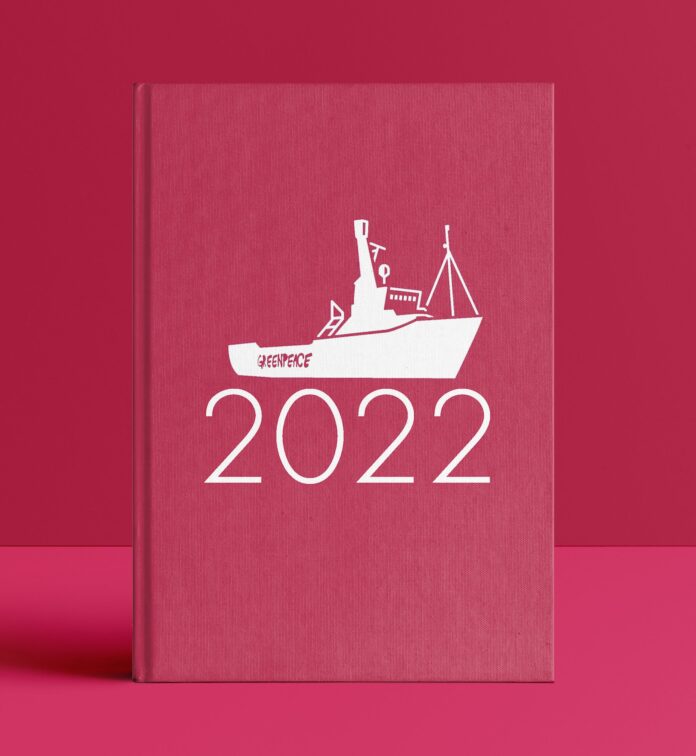Green Peace
2022 was another year of intense human-induced climate change, while progress in addressing it continued to be stifled by insider interests, political point-scoring and corrosive corporations.
Droughts across China, Africa, Europe and the US brought crop failures, hunger and insecurity, while extreme rainfall events claimed the lives of more than 1,700 people in Pakistan, 600 in Nigeria, 461 in South Africa, and at least 233 in Brazil. Almost 16,000 people died as Europe experienced its hottest recorded summer. Hundreds died in Japan’s heatwave – the worst since records began in 1875. Heat deaths occurred also in Africa and South Asia, but extreme heat fatalities are not routinely recorded here.
It’s not just humans feeling the devastating effects. There has been a 69% decline in wildlife populations globally since 1970, with the Amazon rainforest rapidly approaching a tipping point beyond which it will no longer function. Only 3% of the world’s oceans are now free from human pressures.
Greenpeace has been working for decades against climate change and biodiversity loss and we are happy to see the movement growing. These issues are, thankfully, now generally recognised, and we stand strong with a multitude of allies. But political and economic initiatives have not yet caught up. In March this year the IPCC released their sixth assessment report, drawing on the findings of 780 scientists. It made grim reading on the devastating effects of rising greenhouse gas emissions worldwide.
Nonetheless, we moved forward during 2022. From legal actions in Argentina and South Africa to truly collaborative actions to stop deep sea mining, fossil fuel wins in the Nordic sea and creative use of technology in South Korea, our efforts resulted in tangible successes.
Greenpeace is needed in the world. The planet still needs us to speak for it. People and communities whose rights are ignored and trampled on want us to stand alongside them, and we are there.
Download the report:



